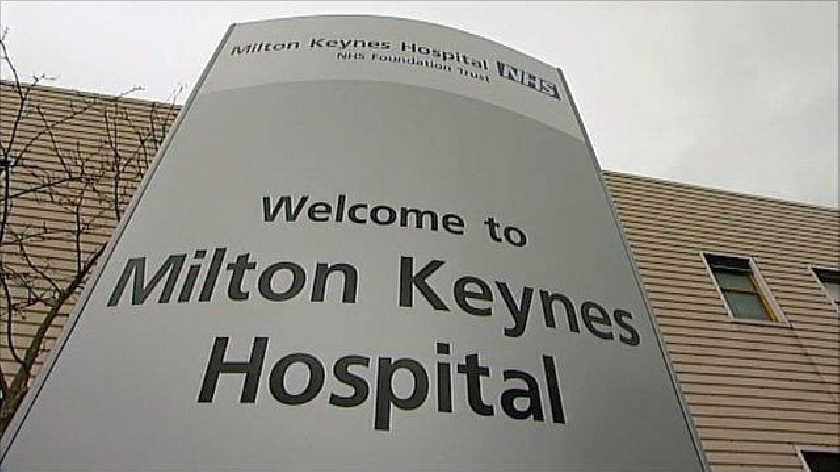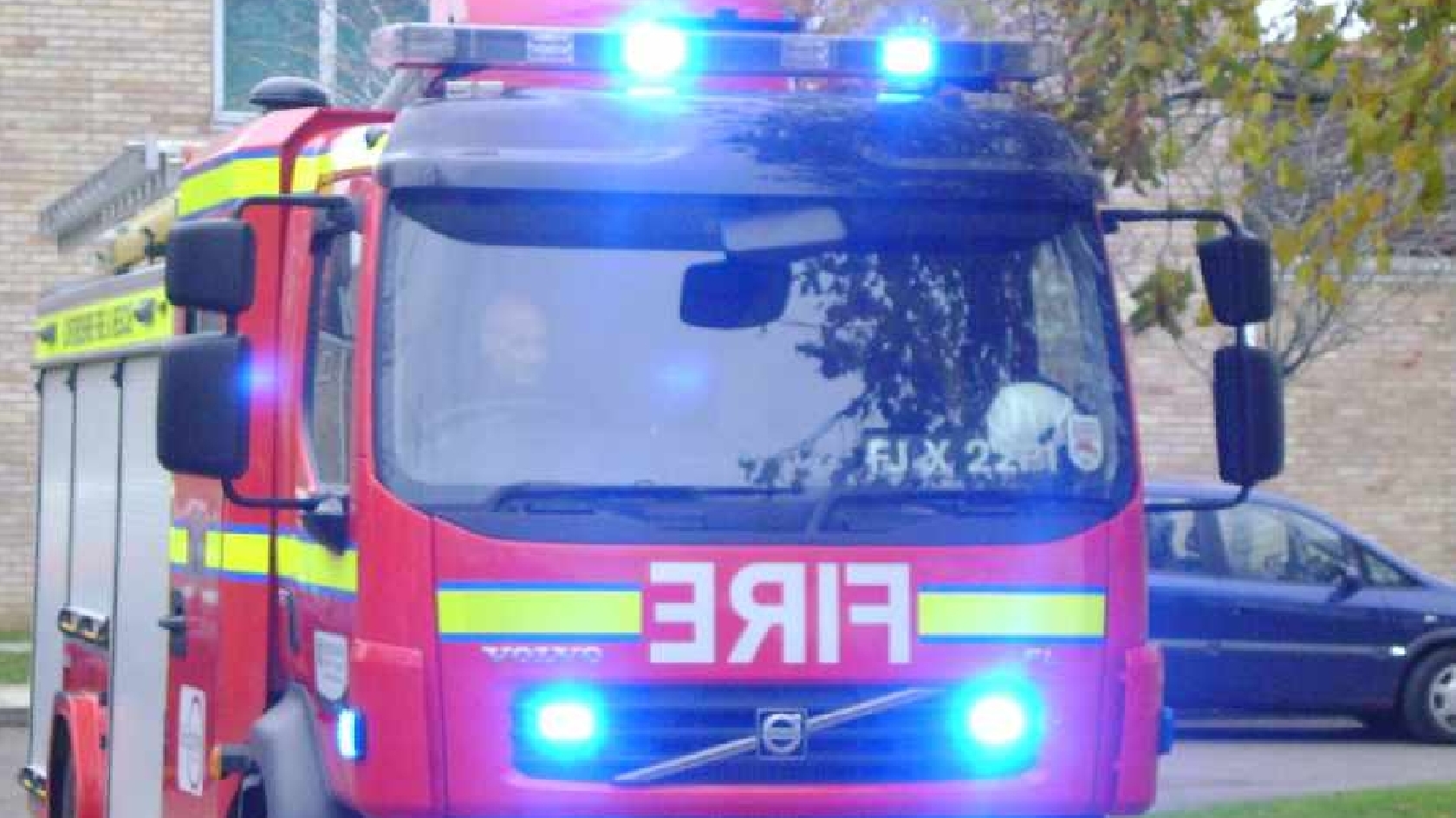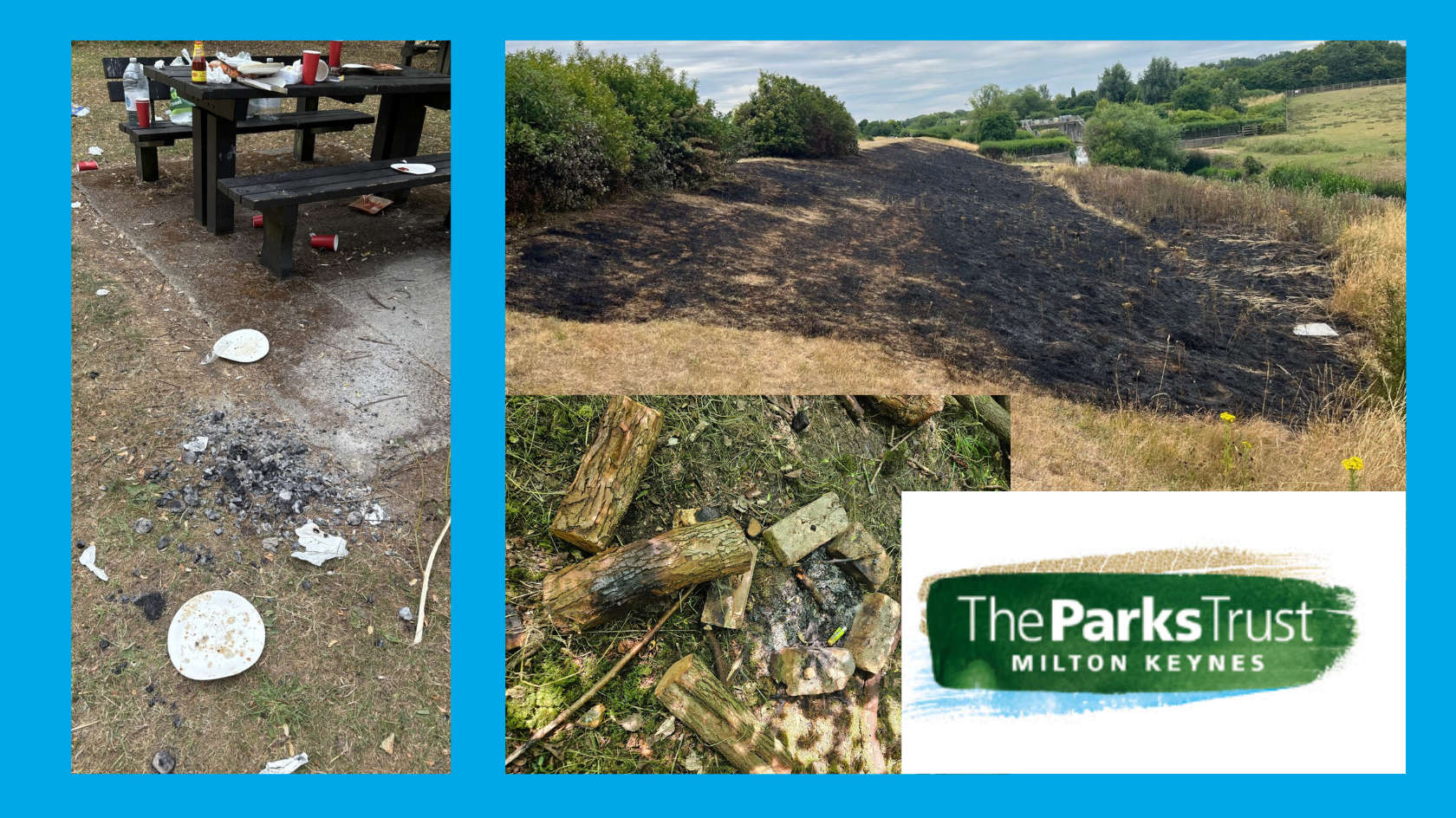
Its been revealed that more than £1 million worth of urgent repairs need to be carried out at the Milton Keynes Hospital NHS Foundation Trust and that issues with infrastructure have already led to 58 incidents where patients were either harmed or put at risk of harm.
Data released by NHS Digital has revealed the extent of the maintenance backlog across NHS property and facilities in England, with the British Medical Association warning it is having an impact on patient care.
The Milton Keynes Hospital NHS Foundation Trust is currently sitting on a backlog of £8.4 million worth of repairs or replacements which should have been carried out on its buildings and equipment.
Around £1.4 million worth of the outstanding jobs are classed as 'high risk' repairs. This means they could cause "catastrophic failure, major disruption to clinical services or deficiencies in safety liable to cause serious injury and prosecution" if not addressed immediately.
According to the data, which covers the 12 months to March, problems with the trust's infrastructure led to 58 incidents where patients were either harmed or put at risk of harm.
Clinical services were delayed, cancelled or otherwise affected because of problems with buildings or facilities on one occasion.
The news comes after both local MPs for Milton Keynes, Mark Lancaster and Iain Stewart, have consistently told us that Milton Keynes Hospital is continuing to receive more money than ever before.
Despite this, members of the public have consistently raised concerns to MKFM that the Hospital isn’t growing as fast as the population. The report highlights that even basic repairs and procedures are falling behind due to funding.
The Milton Keynes Hospital CEO Joe Harrison has previously confirmed reports that the Hospital often runs on the goodwill of its staff working additional unpaid hours to make things work.
Both local MPs will be live on MKFM this Friday from 12pm to 1pm and will be asked for their comments on the report.
Meanwhile, a Hospital Spokesperson has told MKFM that the figures do not accurately represent the risk to patients.
In a statement, a hospital spokesperson said: “The maintenance backlog details a rolling programme of works required on the hospital’s infrastructure and helps to inform how the hospital invests its money each year to ensure the estate is kept safe and fit for purpose."
"It accounts for improvements that are required both in the near future and in years to come, and in taking this planned approach the hospital is able to plan ahead for maintenance work and thus minimise both risk and disruption to patients.
“Each item listed on the backlog is given a risk rating and the high risk category indicates ‘where repairs/replacement must be addressed with urgent priority in order to prevent catastrophic failure, major disruption to clinical services or deficiencies in safety liable to cause serious injury and/or prosecution’."
"This does not indicate that works must be carried out immediately nor that they present any immediate risk to our services or patient safety, rather it denotes where timely improvements can be made to our site to maintain a high standard of service."
“The hospital also holds a contingency fund so urgent investments can be made for unexpected works and this helps to ensure that the hospital can address any pressing maintenance problems when they occur.”
Chaand Nagpaul, council chair at the BMA, said there was an "urgent" need for an injection of capital funding to address the NHS's "impoverished infrastructure".
Siva Anandaciva, chief analyst at independent health think tank the King’s Fund, added: “Continued underinvestment has left some hospitals delivering healthcare in buildings that are quite literally falling apart.
“Deteriorating facilities and unreliable equipment can expose staff and patients to increasing safety risks, and make NHS services less productive as operations and appointments may be cancelled at short notice.”
The repair bill across England reached a record £6 billion at the end of March.
It has risen every year since 2011-12, when it stood at £4 billion, while costs for outstanding high risk works have more than tripled over the same period.
"It is an unsustainable situation – both patients and the staff who work in the health service deserve much better," said John Kell, head of policy at the Patient's Association.
The NHS has a capital funding budget, which is the money to be spent on maintaining, improving or acquiring buildings and other assets rather than on the day-to-day running of services.
Over the last four years, the Department of Health and Social Care has transferred money from the capital budget into the pot for day-to-day spending.
According to NHS Providers, which represents trusts across the NHS, years of financial pressure combined with capital-to-revenue transfers have left trusts unable to address the mounting backlog.
Amber Jabbal, head of policy at NHS Providers, said: "We need to act now to ensure vital repair works are carried out to NHS buildings and equipment.
"Although more of the capital spending this year has been targeted at reducing the backlog of repairs, this is likely to have come at the expense of investing in new equipment and facilities to improve the experience of patients.
"While this approach shows trusts are rightly prioritising immediate concerns about safety, they are increasingly unable to take a longer term, strategic approach to investment."
Last year, the Milton Keynes Hospital NHS Foundation Trust spent £1.1 million trying to reduce its backlog.
It continued to swell however, rising by 24% compared to the previous year. Since 2013-14, the total bill has risen by -2%. The high risk repair bill has increased by £834,000, having stood at £535,000 in 2013-14.
A Department of Health and Social Care spokesman said: “Investment to tackle this maintenance work has increased by 25% from £324 million in 2016-17 to £404 million in 2017-18 to help trusts maintain their estates and invest in new facilities.
“We want patients to continue to receive world-class care in world-class facilities, which is why our long-term plan for the NHS will boost funding by £20.5 billion a year extra by 2023-24.
"We are also investing £3.9 billion into the NHS to help transform and modernise buildings, and improve patient care in hospitals and communities.”














